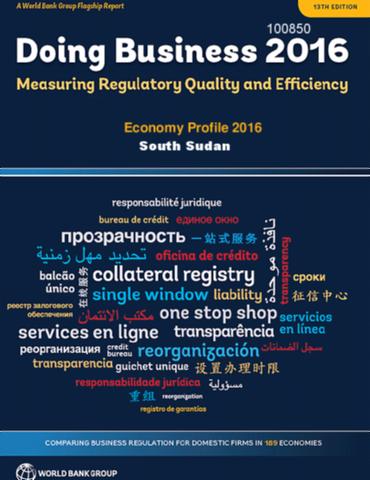Can Africa Claim the 21st Century?
Major changes are needed if Africans and
their children are to claim the 21st century. With the
rapidly growing population, 5 percent annual growth is
needed simply to keep the number of poor from rising.
Halving severe poverty by 2015 will require annual growth of
more than 7 percent, along with a more equitable
distribution of income. Trends in Africa will need to change
radically for a catch-up process to materialize. This will






